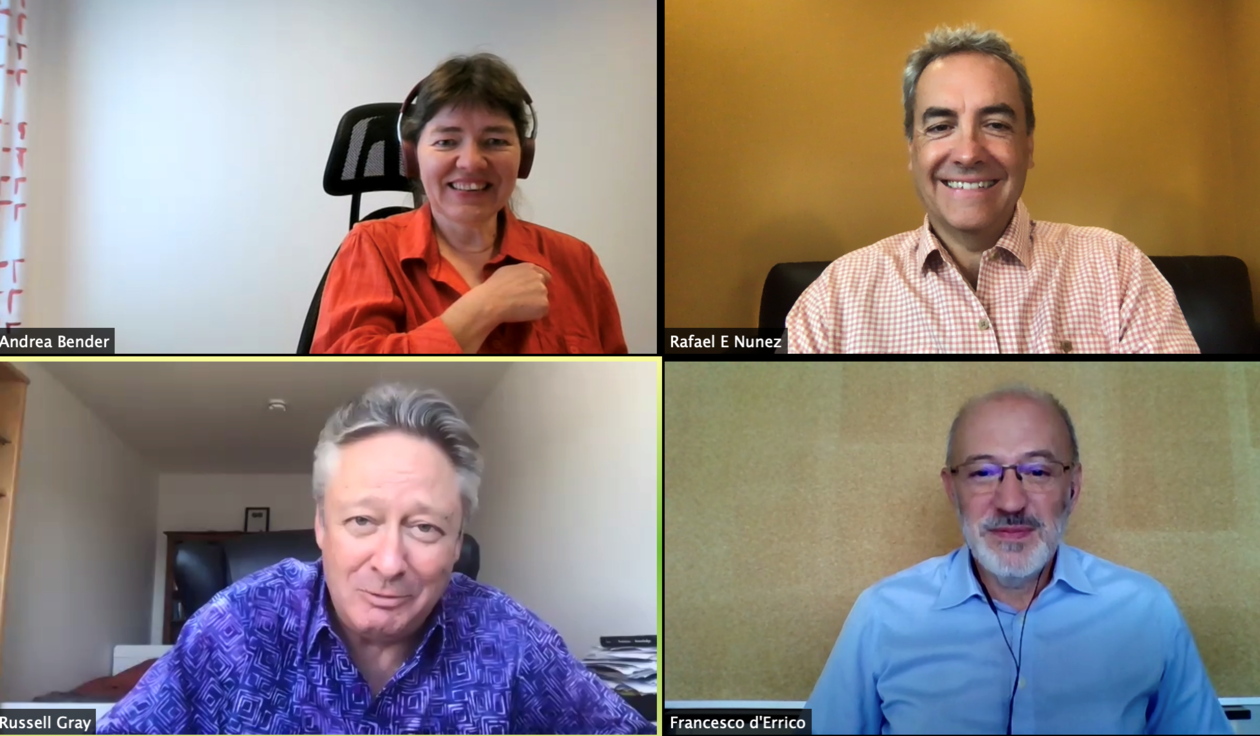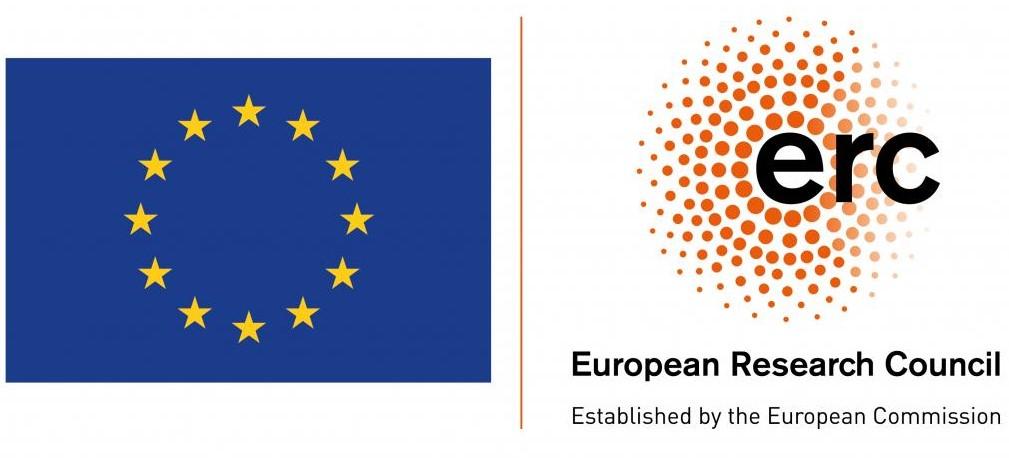Count – and I know who you are
Humans are the only species that uses symbols to express quantities, and researchers now want to find out why number systems vary so much between cultures.

Hovedinnhold
Professor Andrea Bender, University of Bergen, has been awarded an ERC Synergy Grant for the project “The Evolution of Cognitive Tools for Quantification” (QUANTA), coordinated at the University of Bergen.
“We want to better understand what makes humans unique and being able to count is one of the key characteristics in this,” says Bender.
She adds that numbers help us understand and change the world around us.
“Mastering numbers even enabled us to leave this planet in spacecrafts.”

Professor Andrea Bender will investigate the origins and evolution of number systems together with three internationally leading researchers in the next six years. The European Research Council (ERC) has awarded 10 million Euros to the project QUANTA.
“We use number systems all the time: when we go shopping, arrange to meet other people, or analyse elections. But we express quantities and numbers differently based on our culture and language”.
“Ninety” and “halvfems”
Just compare English and Danish: Where English speakers say “ninety” (= nine tens) for 90, Danish speakers have four scores in mind and mention half of the fifth score: “halvfemsindstyve”, which in modern Danish has been shortened to “halvfems” (= half of the fifth).
“This is a good example for the major differences that can occur even between related languages.”
In QUANTA, researchers will look at the factors that lead to such differences in how we use quantity and number systems.
“It will be incredibly exciting to follow the international research cooperation in QUANTA, and we are extremely pleased and impressed with the achievement,” says Bente Wold, Dean of the Faculty of Psychology.
Coconuts and six-packs
Bender was doing anthropological fieldwork in Polynesia when she first found herself deeply fascinated by a number system. The unexpected challenge piqued her curiosity.
“When I tried to learn the language, I soon realized that Polynesians counted in a different way to what we are used to”.
They counted coconuts in larger units, for instance in pairs, and the word for five then means this amount multiplied by two, that is: ten coconuts in total.
“In Europe, we do something similar when we buy six-packs of soda. In that context, six cans of soda become the new unit for the counting.”
This type of information about when people use which number system in everyday life is crucial to understanding how and why these systems were invented and why they developed so differently. Rafael Núñez, one of the four researchers in QUANTA, will focus on this part of the research.
Number systems in language
“Differences between number systems across languages and cultures will be central to the project.”
Russell D. Gray from the Max Planck Institute in Leipzig, also he a Quanta researchers, disposes of a database containing 5,000 different number systems from nearly every language on this planet. This will be the starting point for reconstructing when and how number systems diversified so substantially.
But language is not the only system we use to represent numbers and quantities. We also use our bodies, for example when we count on our fingers, and we use symbols from notation systems when writing down numbers.
“A row of marks, once notched into a bone, can be interpreted as a way of counting, too”.
Archaeology gains knowledge about ancient number systems from prehistoric findings of such tools. Francesco d’Errico, the fourth member of the QUANTA quartette, contributes his expertise to this part of the project. He and Bender are also fellow researchers and PIs in the Centre of Early Sapiens Behaviour, an NFR-funded Centre of Excellence at UiB.
Ground-breaking research
The researchers will apply an innovative combination of archaeology, anthropology, linguistics, psychology, cognitive science, and evolutionary biology.
“Integrating knowledge from so many different fields has never been attempted before, but we consider this to be indispensable for being successful”, says Andrea Bender.
A Synergy Grant is hanging high and hard to obtain, awarded in tough competition with excellent researchers from across the world.
“We are extremely proud that Andrea Bender and her colleagues are counted internationally among the leaders on these research topics,” says Dag Rune Olsen, Rector of the University of Bergen.


